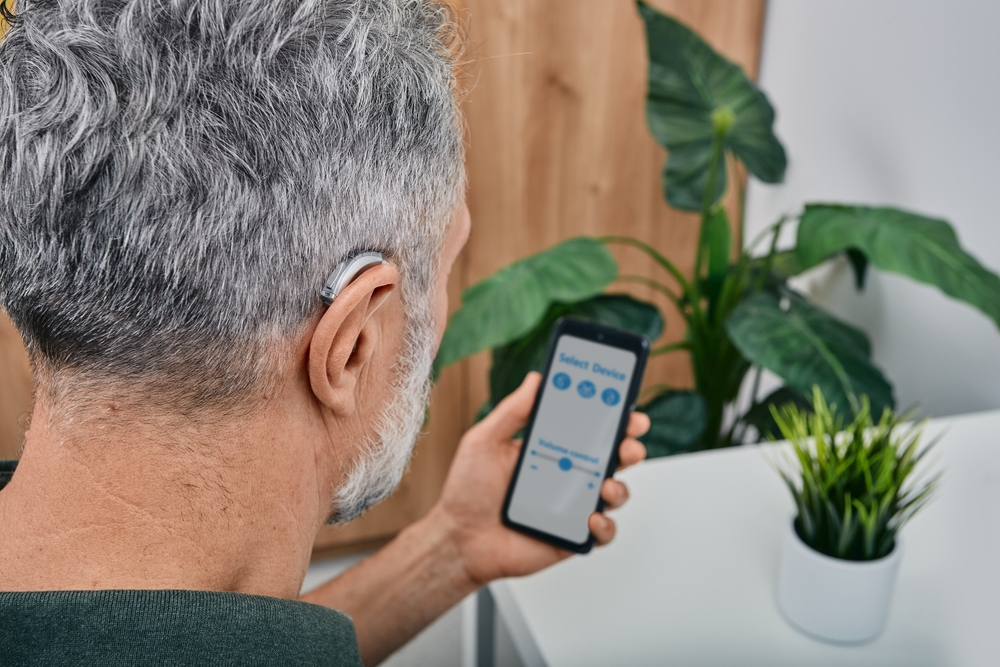
Even mild hearing loss can considerably impact everyday life, affecting relationships with friends, family, and co-workers, as well as complicating routine activities like grocery shopping. But transformative changes can be established by the use of correctly tuned hearing aids.
Top ten reasons to get hearing aids
While the primary advantage of hearing aids is obvious, improved hearing, their impact goes far beyond basic auditory enhancement. The following will comprehensively outline those benefits.
Stronger relationships through better communication
Clear communication is the basis of meaningful relationships. Relationships can be strained when hearing loss causes missed communication. Hearing aids enable you to fully participate in conversations, enhancing your ability to connect with others and reducing feelings of isolation or frustration.
Improved independence
Simple tasks like purchasing groceries or eating out can become difficult with neglected hearing loss, as barriers to communication could arise. Your ability to understand speech and hear in various environments will be empowered by hearing aids, allowing you to navigate these situations more independently. This increased independence extends to activities like driving, where enhanced situational awareness contributes to safer experiences.
Possibility of earning more
Reliable communication is key when you’re working in professional settings. Neglected hearing loss can hamper your ability to engage in meetings or discussions fully, potentially influencing job performance and career development. By wearing hearing aids, you can stay engaged and alert, boosting your productivity and opening doors to career opportunities.
Discomfort From Tinnitus Can be Decreased
Tinnitus, characterized by ringing in the ear, often accompanies hearing loss. Hearing aids can offer relief from tinnitus for some people by masking symptoms.
Mitigated cognitive decline
Some studies have uncovered a connection between neglected hearing loss and mental decline, including dementia. By managing hearing loss with hearing aids, you might reduce the risk of cognitive impairment and maintain better overall brain health.
The ability to take pleasure in music
The perception of music will be less pleasurable if hearing loss is altering your perception of it. The depth and richness of musical sounds can be restored by hearing aids which fill in the frequency gaps so you can enjoy your favorite songs again.
Increased confidence
Whether you’re in a social or professional setting, being able to hear better will give you greater confidence. With improved communication abilities, you’ll feel more self-assured and competent, enhancing your general quality of life.
Having more energy
Untreated hearing loss can be mentally tiring, as the brain works extra hard to make up for auditory deficiencies. With hearing aids, you won’t feel so tired and will be able to participate in all of those activities that you enjoy.
Awareness and safety can be enhanced
Awareness of one’s surroundings is essential for safety, whether it’s crossing the road or driving a vehicle. Environmental sounds can be restored by hearing aids, ensuring that your reaction to things including alarms and approaching vehicles is safe and appropriate.
Establishing an example that is positive
Embracing hearing aids demonstrates a proactive approach to health and well-being, establishing a positive example for other people facing similar challenges. It exhibits a commitment to personal growth and improvement, inspiring those around you.
Schedule a hearing test today
Hearing aids are mainly created to help you hear better, but numerous other aspects of your life can be profoundly impacted too. Whether it’s fostering better relationships, maximizing independence, or safeguarding cognitive health, the choice to use hearing aids is a step towards a more rewarding and engaged life.
Make an appointment for a hearing test today and take the initial steps to hearing better.